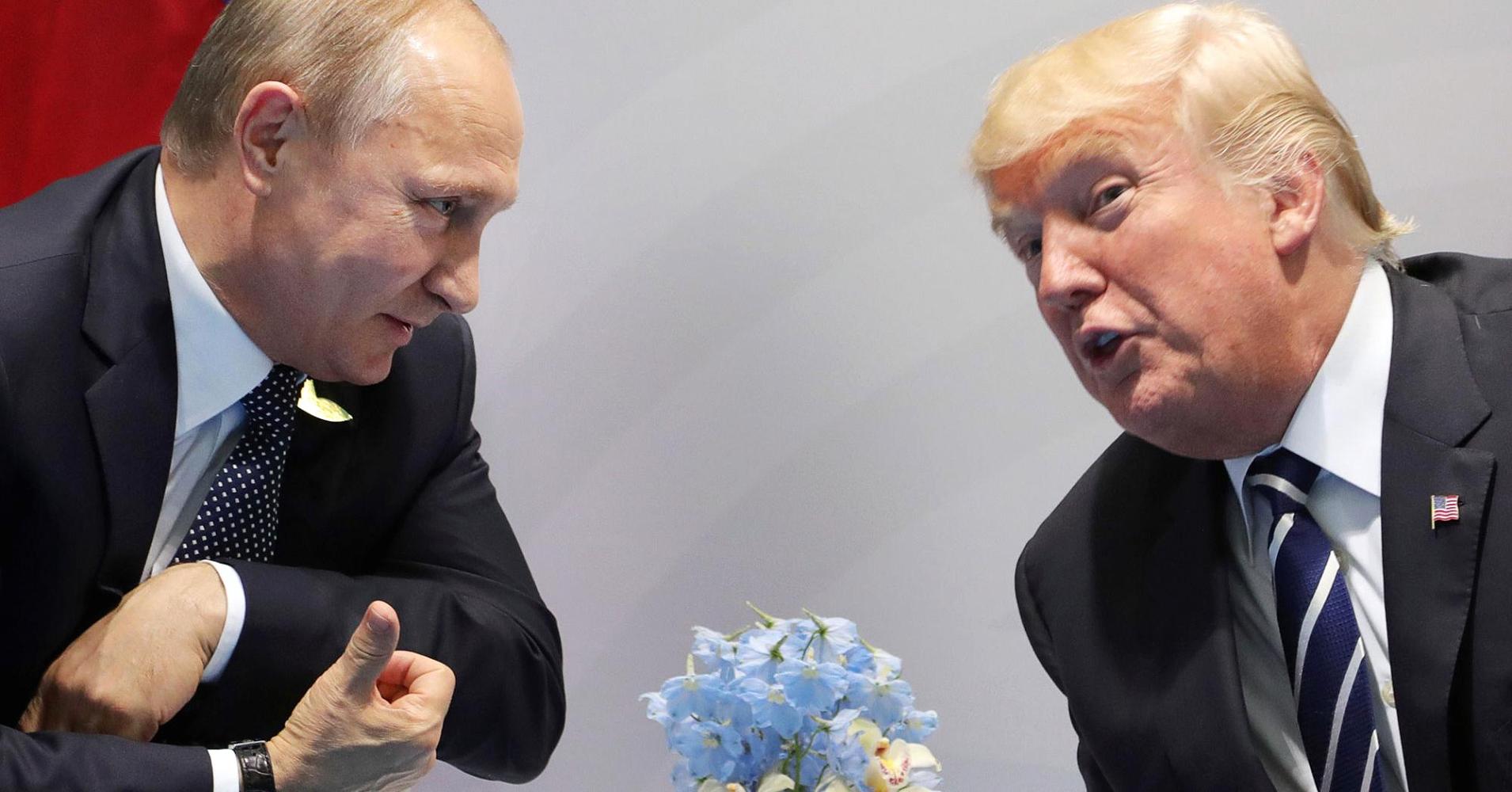The US has released a sweeping list of prominent Russian business and political figures, in defiance of Moscow and implementing a Congressional law designed to punish Russia for election meddling.
The US Treasury report, published shortly before a midnight deadline, listed every senior member of the political administration at the Kremlin, and every Russian oligarch with a net worth of $1 billion or more.
Some of those named are already subject to US sanctions. But the administration stopped short of imposing any new punishments, saying the legislation was already doing its job. The report was “not a sanctions list,” it said.
Instead, the Treasury report resembled an exercise in naming and shaming – putting individuals on notice that they may be subject to sanctions in the future.
The list includes:
114 senior political figures with close ties to Russian President Vladimir Putin, including his chief spokesman, Dimitry Peskov, Foreign Minister Sergey Lavrov and Prime Minister Dimitry Medvedev.
96 oligarchs with a net worth of $1 billion or more, including the aluminum magnate Oleg Deripaska, Chelsea football club owner Roman Abramovich and the media and tech magnate Alisher Usmanov.
The Treasury said the list was “based on objective criteria drawn from publicly available sources.” The oligarchs’ names matched exactly a list of 96 Russian billionaires compiled by Forbes magazine last year.
Kremlin criticises US over list
Addressing supporters in Moscow on Tuesday, Russian President Vladimir Putin said that although he hadn’t yet seen the list, the sheer number of top officials included on it was tantamount to a US condemnation of the whole country.
“What’s the point of this? I don’t understand,” Putin said. “But this is of course an unfriendly act. It complicates already complicated Russia-US relations and harms international relations in general. Those who engage in this are basically engaged in their own domestic politics. They are trying to attack their elected president.”
However, he added that “we have heard about some other secret list, containing other names, so we need to look and see what is going to happen.”
Aleksey Chepa, deputy chairman of the State Duma’s international affairs committee, described the release of the list as “another step, which, obviously, leads to further escalation of tensions,” reported news agency RIA Novosti.
Konstantin Kosachev, chairman of the foreign affairs committee in the Federation Council, the upper house of the Russian parliament, said the US had merely “copied out the Kremlin phonebook” in its attempts to prove it had “dirt” on Russian elites.
Leading business figures in Moscow were reported to have been anxiously awaiting the report, dubbed the “Putin list.” They feared that even if it did not impose further sanctions, it would have a chilling effect on their businesses.
But critics of the Trump administration in the US were furious that it did not take the opportunity to ratchet up measures on Russia.
Why was the list published?
The Trump administration was required to publish the list by the Countering America’s Adversaries Through Sanctions Act (CAASTA), which was meant to punish Russia for its interference in the 2016 US election, as well as alleged human rights violations, the annexation of Crimea and ongoing military operations in eastern Ukraine.
It was supported by Democrats and Republicans who wanted to try and prevent President Trump from watering down US sanctions on Russia. The President described it as “seriously flawed” when he signed it into law in August.
Earlier Monday, the Trump administration declined to impose sanctions against companies and foreign countries doing business with blacklisted Russian defense and intelligence entities, a consideration required by CAASTA.
“Sanctions on specific entities or individuals will not need to be imposed because the legislation is, in fact, serving as a deterrent,” a State Department official said.
State Department spokeswoman Heather Nauert said the legislation had already deterred Russian defense sales. “Since the enactment of the CAATSA legislation, we estimate that foreign governments have abandoned planned or announced purchases of several billion dollars in Russian defense acquisitions,” she said in a statement.
The agency noted that it also provided an additional classified report to Congress that may have included other individuals not listed in the public portion.
Secretary of State Rex Tillerson signed off on the report Monday morning, CNN understands.
The reports were released on a day when the ongoing FBI investigation into President Donald Trump’s potential campaign ties to Moscow during the 2016 election once again dominated the news, and once again raised questions about policy decisions his administration is making on Russia.
FBI Deputy Director Andrew McCabe, long the target of Trump’s ire toward the FBI over its investigation into possible collusion between his campaign and Russia, stepped down in a surprise move Monday. Trump’s allies have recently intensified their campaign against the investigation, alleging FBI abuses of a surveillance law.
Read more at CNN







